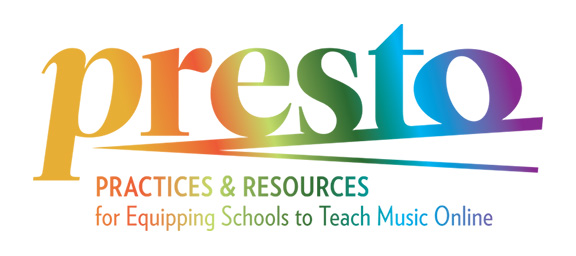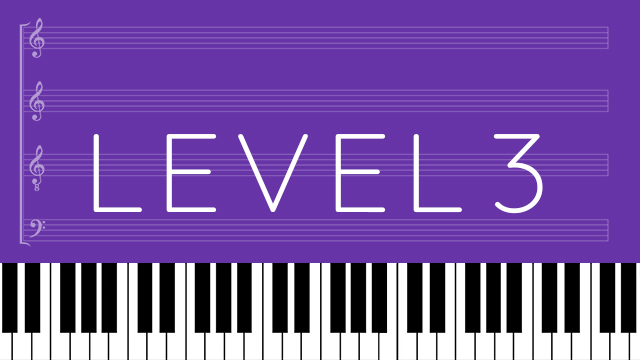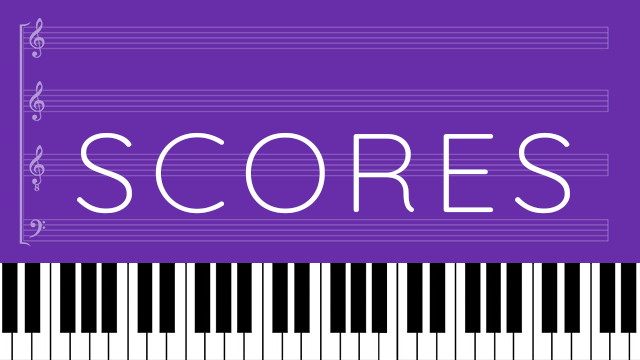Pre-existing and new canons
Level 3 contains a selection of canons by well-known historical composers, plus a new canon composed for the Presto project by Irish composer Laura Sheils (b. 1995). Enjoy the contemporary style of Sheils’s 7/8 Canon.
1. Canon in G minor - Joseph Haydn
2. Canon in G - Johannes Brahms
3. Canon in E - Ludwig van Beethoven
4. 7/8 Canon - Laura Sheils
5. Canon in E minor - W. A. Mozart
6. Canon in G minor - Antonio Caldara
The Learning Process
For each canon, a clear learning process is outlined. Follow the process step by step, taking care to practise each step until it is very secure before moving on to the next. Use videos 1, 2, 3, and 4 to learn the melody, sing in two parts, and sing & play. Video 5 presents the full canon in multiple parts. Use this to hear the harmonic effect when the parts are sung together, and also to practise your conducting.
Increasing the challenge
The learning process outlined for each canon involves singing and playing in two parts: singing one part, and playing the other. With many of the canons in Level 3 (as well as in Level 1 and Level 2), it is possible to add a further part (or parts) on the keyboard, by playing the next voice(s) at the right time according to the score. This adds substantially to the complexity of the challenge and takes patient practice, but it is an excellent exercise for developing advanced polyphonic skills that are central to the work of an effective conductor. Read the ‘Using This Canon’ guide for each canon to find further ideas for increasing the difficulty and enhancing your musical multitasking abilities.
Aural skills in the conductor’s role
Conductor and researcher Dag Jansson notes that, in choral activities, ‘the conductor is the only person who is dedicated to hearing the compound ensemble sound, meaning that aural awareness and error detection are crucial to the conductor’s technical mastery [...] Aural skills are crucial to error detection because they enable the conductor to hear and respond to the singers in order to demonstrate, rectify, and enhance the musical and singing experience’. (Dag Jansson, Leading Musically, Routledge, 2018, p. 44)
Use the Level 3 Canons to develop the advanced polyphonic skills that will enhance your aural awareness and problem-solving capacity in the choral rehearsal.




